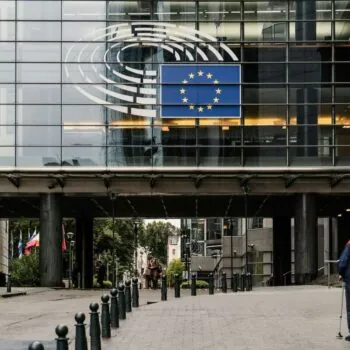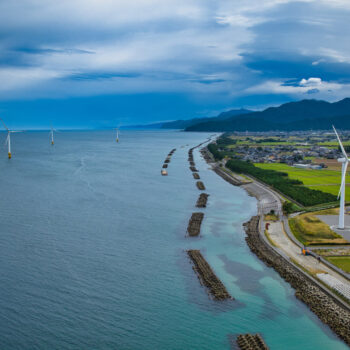This is the year the conversation changed. Until this year, climate change conversations were marginal to the mainstream of political conversation. Political attention was, at best, intermittent. Environment correspondents wrote the stories. Climate deniers were still given airtime. No-one saw climate change as an issue that might influence elections.
Now climate change is firmly part of the mainstream political agenda. All the Democratic candidates running for the nomination to challenge Trump in next year’s US election have a climate plan. The Greens are topping the polls in Germany. Britain is now legally committed to carbon neutrality by 2050. The EU is gearing up to follow suit. Political correspondents now write the stories and climate deniers have become invisible.
This is fortunate. We are running out of time to ensure climate policy success. We know that to have a realistic chance of keeping the rise in global temperature below 2°C we must stop burning fossil fuels by around the middle of the century. It is difficult to over-estimate the scale of either meeting this challenge or the consequences of failing to do so.
The technologies we need to deliver a carbon neutral global energy system are already available. We also know that there is a big pipeline of more carbon neutral energy technologies coming our way as growing numbers of entrepreneurs see opportunities in the need to decarbonise the economy. The growth of the digital economy is making available undreamt of improvements in the efficiency of our energy use.
But we are not deploying these options fast enough to get carbon emissions down in time to guarantee our future prosperity and security. It is also becoming increasingly clear that far from hurting the economy, making the transition to carbon neutrality could be cheaper than continuing to burn fossil fuels. Two years ago that deep green organisation, Citibank, claimed this in a research report. Since then, the cost of low carbon technologies has fallen further.
Accelerating the speed of the energy transition is now an imperative. Responding to it requires two things above all: political will and investment.
The political will is gradually being built. Partly, this is a result of very high profile campaigns such as that of Greta Thunberg and the Children’s Climate Strikes or Extinction Rebellion giving dramatic expression to growing public anxiety. That public anxiety itself is growing as the public experience a succession of exactly the kind of extreme weather events predicted by climate scientists.
This is fundamentally changing the core political equation on climate change. The risks of political inaction are growing with public anxiety just as the political risks of action are falling with the declining costs of carbon neutral technologies. This makes politicians more responsive to the growing sense of a climate emergency.
As a young environmentalist keen to make the world go round differently I learnt eventually that money really does make the world go round. My next step was to find out what made the money go round. It turned out to be conversation. A rather specialised and sometimes arcane conversation, but conversation, nevertheless.
Since 2015, Mark Carney, Governor of the Bank of England, has made five speeches setting out the risks to the economy of climate change. These speeches, and the actions by the Bank which have accompanied them, have begun to transform the conversation in the investment community about climate change.
In the 18th and 19th Centuries, the City of London was the principal source of investment in the Industrial Revolution. From the beginning, the City of London has played, and continues to play, a central role in creating the problem. It is entirely right that it should play an equally central role in providing the investment in the solutions to the problem.
We created London Climate Action Week to draw attention to the scale of the opportunity that is now becoming available to the City of London. Nowhere else in the world has a comparable cluster of the skills and institutions necessary to drive investment in the energy transition. By seizing this opportunity, London can redeem in the 21st Century the damage it financed for the three previous centuries.


